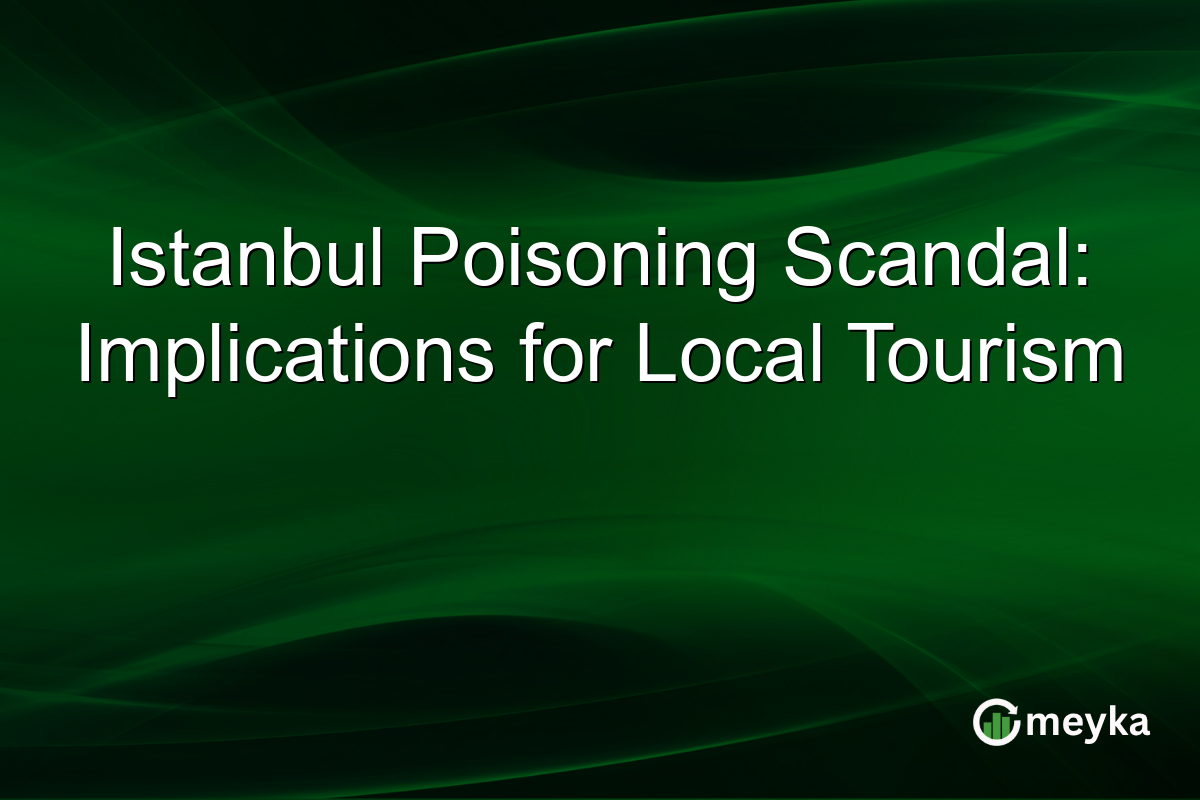Istanbul Poisoning Scandal: Implications for Local Tourism
The recent Istanbul poisoning scandal, which led to the tragic deaths of family members, has cast a shadow over Turkey’s tourism sector. This incident highlights serious hotel safety concerns and food safety regulations in Istanbul, raising questions about the future of Turkish tourism, a vital component of the country’s economy. As Germany remains one of Turkey’s largest tourism markets, understanding these implications is crucial for potential travelers.
Continue Reading on Meyka
This article is available in full on our main platform. Get access to complete analysis, stock insights, and more.
Read Full Article →





